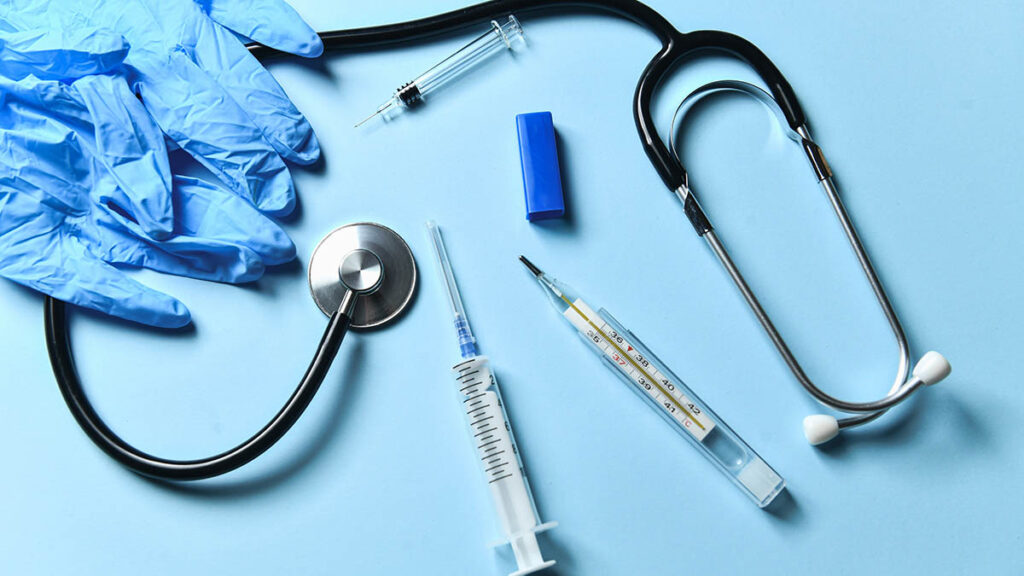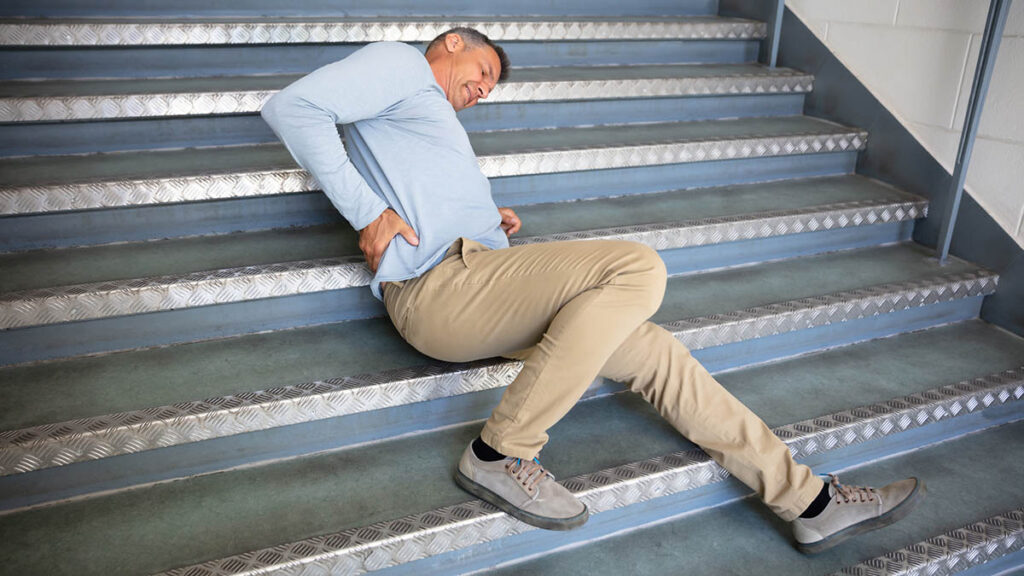We trust medical devices to save or improve our lives. From pacemakers and insulin pumps to joint replacements and surgical tools, these devices often enable modern medicine. But when they fail due to a design flaw, a manufacturing defect, or a doctor’s misuse, the results can be devastating.
Understanding whether your case involves medical malpractice, product liability, or both is critical. In this post, we’ll break down how medical device failures happen, what rights patients have under South Carolina law, and how an attorney can help you seek justice.
See current medical device recalls.
Common Types of Medical Device Failures
Medical devices can fail in many ways. The most common include:
- Defective design: A fundamental flaw in how the device was created. Example: a hip implant that sheds metal particles, leading to tissue damage.
- Manufacturing errors: The design was sound, but something went wrong during production — for instance, a pacemaker with faulty wiring.
- Labeling and instruction issues: Devices lacking adequate warnings or proper usage instructions can endanger patients and medical staff.
- Improper use or implantation: Sometimes the device itself is fine, but a healthcare provider installs or monitors it incorrectly — potentially crossing into malpractice.
These failures can cause serious harm, including infection, organ damage, chronic pain, or even death.
When a Device Failure Becomes Medical Malpractice
Not every device failure is automatically considered malpractice. The key question is who made the error.
- Manufacturer fault: If the flaw came from design or production, it’s usually a product liability case against the manufacturer or distributor.
- Healthcare provider fault: If a doctor implanted a device incorrectly, ignored warning signs, or failed to monitor it, the claim may fall under medical malpractice.
- Shared liability: In many cases, both the manufacturer and the healthcare provider share responsibility.
An experienced attorney can help determine the right type of claim — and whether multiple parties should be held accountable.
Examples of Medical Device Failures That Have Led to Lawsuit
Across the country, defective devices have been linked to thousands of injuries. Common examples include:
- Metal-on-metal hip implants that release toxic particles into the bloodstream.
- Defective surgical mesh used in hernia or pelvic repair, leading to internal injuries.
- Insulin pumps and glucose monitors that deliver incorrect dosages.
- Defective pacemakers and defibrillators causing heart rhythm disturbances.
- Robotic surgical tools that malfunction during delicate procedures.
Even if a device has already been recalled, you may still have a valid claim under South Carolina law.
Your Legal Options After a Medical Device Injury
1. Product Liability Claims
You can pursue compensation from the device’s manufacturer, designer, or distributor. To succeed, you must prove that the device was defective and that the defect caused your injury.
2. Medical Malpractice Claims
If a doctor or hospital’s negligence contributed — such as implanting the wrong size device or ignoring symptoms of failure — the claim may fall under malpractice law.
South Carolina requires:
- A qualified expert’s affidavit before filing.
- Filing within the three-year statute of limitations, starting from when the injury was discovered.
3. Wrongful Death Claims
If a defective device caused a loved one’s death, surviving family members can bring a wrongful death lawsuit seeking compensation for loss of companionship, medical costs, and funeral expenses.
Gathering Evidence for a Device Failure Claim
Building a strong case requires thorough documentation. Steps you should take include:
- Keep the device, if possible or ensure the hospital preserves it.
- Collect all medical records related to the device and its implantation.
- Document your symptoms, along with any device alarms or unusual behavior.
- Save all communication with your healthcare provider, manufacturer, and insurance company.
The sooner you speak with an attorney, the easier it is to preserve this crucial evidence.
How an Attorney Can Help
Medical device failure cases are complex. They often involve both medical and engineering evidence and multiple potential defendants.
- Identify who’s legally responsible for your injury.
- Work with medical and technical experts to prove negligence or defect.
- Handle communications with insurance companies and device manufacturers.
- Ensure compliance with South Carolina’s filing deadlines and legal requirements.
- Seek full compensation for your injuries, lost wages, and future care needs.
Making Healthcare Safer Through Accountability
Every defective device lawsuit serves a broader purpose: improving safety for all patients. Holding negligent manufacturers and careless healthcare providers accountable pushes the medical industry to design safer devices, strengthen oversight, and be transparent about known risks.
That pursuit of accountability and patient safety lies at the heart of Thomas Creech Law Offices’ mission.
Medical devices are designed to heal. When they fail, the consequences can be life-altering.
If you or a loved one has been injured by a defective implant, pacemaker, or other medical device in South Carolina, contact Thomas Creech Law Offices for a free consultation. We’ll help you understand your options, investigate your case, and fight for the justice and compensation you deserve.


